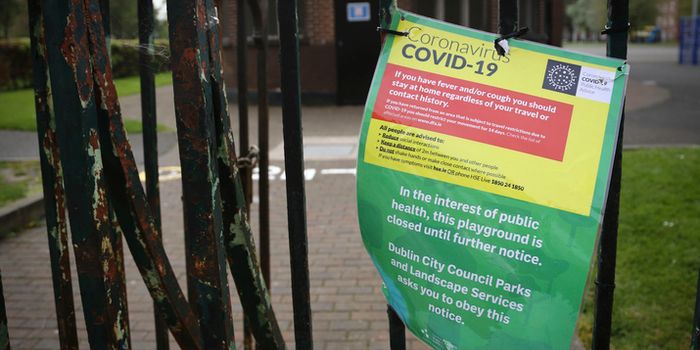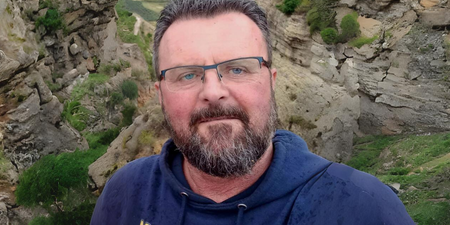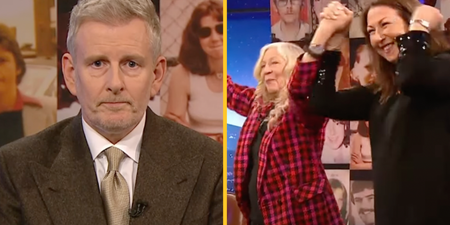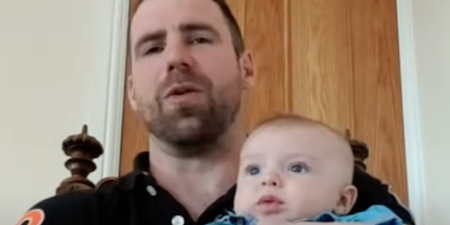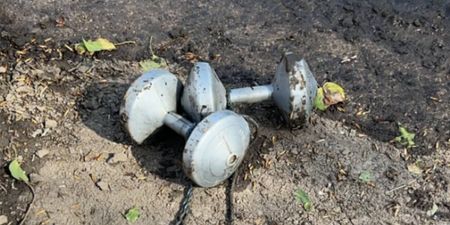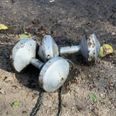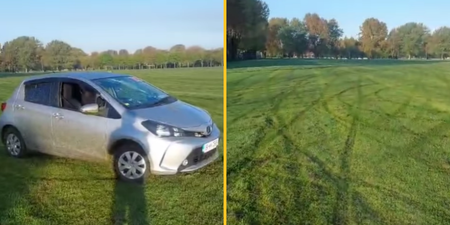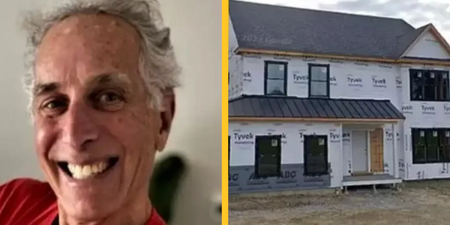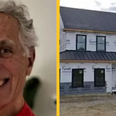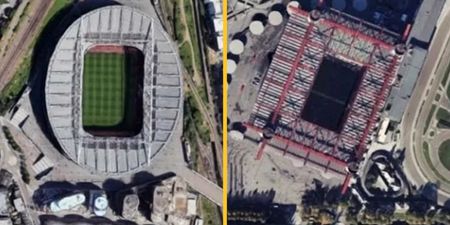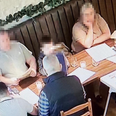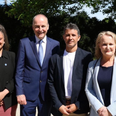48% of cases of Covid-19 in the last two weeks have arisen in Kildare, Laois and Offaly.
HSE Chief Clinical Officer Dr Colm Henry said that “nothing can be ruled out” in response to the prospect of localised lockdowns in Ireland, following a spike of Covid-19 cases in Kildare, Laois and Offaly in the last two weeks.
On Thursday night, the government issued special advice to people living in those three counties, with more specific guidance set to be provided by NPHET on Friday (7 August).
Figures on Thursday revealed that just under half (48% – 226 cases) of all confirmed cases of Covid-19 in Ireland have arisen there in the last 14 days, including 49 of the 69 confirmed cases notified on Thursday.
It also emerged that there were 80 confirmed cases of Covid-19 at O’Brien Fine Foods in Timahoe in Kildare, where all processing operations were suspended as of 9pm on Thursday night.
Asked about the prospect of localised lockdowns being imposed in Ireland in an effort to contain the spread of the virus, as has been the case in other countries, HSE Chief Clinical Officer Dr Colm Henry said on Newstalk Breakfast: “Nothing can be ruled out because, as we’ve learned the hard way, everything has to be considered in order to avoid unrestrained community transmission.
“We’ve seen the impact of what happens with unrestrained community transmission, in northern Italy early on in the pandemic and in China.
“We can’t afford it. Our healthcare system couldn’t deal with it. We won’t be able to open up education and all those cancelled health procedures – as we had to do at the end of March – again, if we face that spectre.
“So, we have to consider a whole range of measures but it begins with the individual and that’s where we keep emphasising that message.”
The prospect of localised lockdowns in Ireland was also addressed by Mike Ryan, Executive Director of the World Health Organisation (WHO), earlier this week.
Speaking to Sarah McInerney on RTÉ Radio One, Ryan said: “That, to an extent, depends on mobility between areas, but certainly you can use a localised strategy, by county, by province, whatever it is in the Irish context.
“But to do that, you need very localised data, you need localised response capacity.
“If you’re going to say there’s no need to leave the building because there’s one room burning, then you absolutely have to trust that the fire service can put out the fire in that one room.
“And, therefore, localised, rapid response, the ability to turn around testing quickly, the ability to investigate clusters quickly and reassure everybody else, ‘yes we’re taking the localised measures’, and maybe even localised measures that increase the level of physical distance, reduced crowding.
“And you’ve seen that in Australia, the state of Victoria has one level, Stage Three, Melbourne has a Stage Four lockdown, and the rest of the country is in other stages.”
LISTEN: You Must Be Jokin’ with Aideen McQueen – Faith healers, Coolock craic and Gigging as Gaeilge
